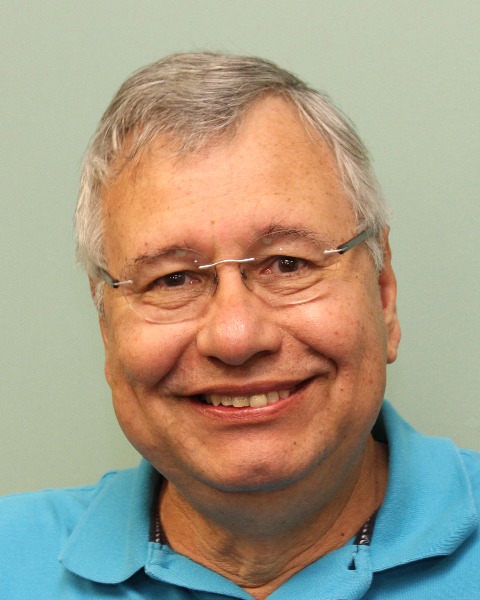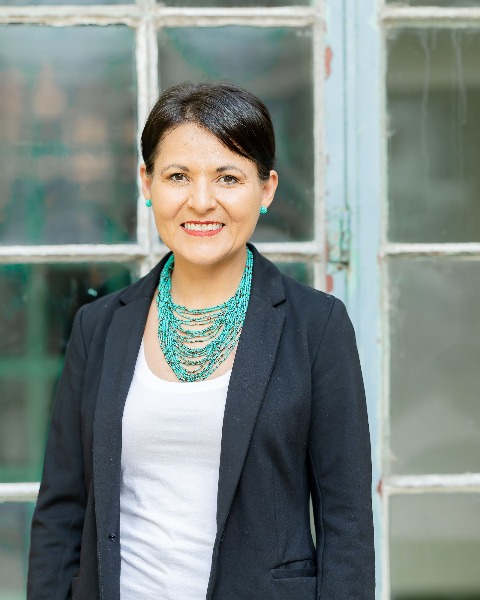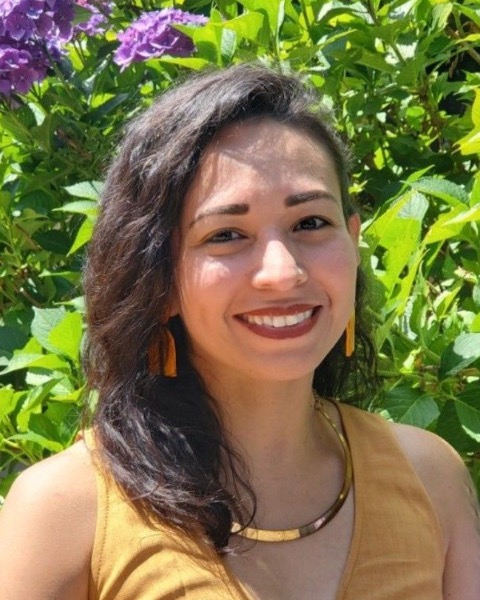Latinx Responsive Evaluation Discourse
A panel discussion on the importance of the story of Health Equity in Latinx communities
-

Arthur Hernandez, PhD (he/him/his)
Professor
University of the Incarnate Word
San Antonio, Texas, United States -
GC
Gabriela Castro-Mikhaylov, MS (she/her/hers)
Policy Analyst and Project Manager
RAND Corporation / Claremont Graduate University
Santa Monica, California, United States -

Susana Morales, MA
Director of Community Health
Texas Health Institute
Austin, Texas, United States -

Tatiana Bustos, PhD
Researcher and facilitator
RTI International, Transformative Research Unit for Equity, Washington, United States -
LA
Lisa Aponte-Soto, MHA, PhD
President/CEO
Tanoma Consulting LLC, United States
Presenter(s)
Disscussant(s)
Location: Room 203
Abstract Information: Learn from Latinx evaluation practitioners presenting on a variety of projects where the story of Health Equity centers their community work. The panelists will describe best practices, personal stories, opportunities for growth, lessons learned, and provide an opportunity for questions and answers. This panel is a collection of stories describing how evaluation fuels story and story informs evaluation. From centering community voice and developing strong community collaborations to fully understand the health needs and priorities of a border community, how storytelling can contribute to health equity when conducting data collection in East L.A., how using personal stories to champion health equity in the evaluation and public health spaces, and finally how evaluation which advances community knowledge and efficacy related to health equity advocacy. This ninety-minute program with four speakers will be informative and engage the audience in a discussion of how to tell the story of Health Equity in Latinx communities through culturally relevant evaluation. The moderator will ask a series of questions to start audience discussion and summarize panel talks. There will be time for sharing stories of practice, questions, and answers. The intention of the panel is to raise awareness about how to tell the story of Health Equity in Latinx communities and provide insight into how Latinx practitioners recognize their positionality when doing the work and give an overview of Health Equity work in Latinx communities.
Relevance Statement: Learning Objectives Participants will: Learn what Health Equity planning and evaluation “looks like” in Latinx communities Learn from how personal stories drive our work and advances our commitment to Health Equity Engage in a conversation about stories from presenters and other participants Discuss lessons learned and opportunities for growth By taking a community-based approach, we aim to fully understand the health disparities that exist within those communities. As practitioner-scholars, we are intentional in contextualizing evaluation models and mechanisms and learning from our inquiry in ways that consider social determinants of health, amplify the assets, leveraging the resources of the communities with which we work, identifying critical health issues from the perspective of the underserved and marginalized rather than our own. Storytelling is a basic human mechanism for sharing experience, important lessons, and cultural worldview essential to evaluation. Although in modern societies, education is formally pursued in classrooms, stories remain means of conveying information and values within communities - something about which evaluation is mostly interested. In evaluation, storytelling can serve many purposes: it can be a means for finding common ground and open doors to genuine build relationships, it can provide avenues for knowledge and understanding for evaluators in ways that don’t depend on a priori determined questions since story based knowledge is emergent, whole, that is it includes context, conditions, affect and community social values as well as cognitive information and as a result, “travels differently” than merely narrative reports of “findings”. Stories can be key informants in evaluation which pursues cultural responsiveness, and authenticity rather than merely accuracy. In short, stories have the power, among other things, to transform, inspire, motivate, model, and teach as well as provide information about community - stories enable “learning from action and action from learning”.
Presentations:
-
11:30 AM - 12:30 PM ETAction Research for Community Health and Wellness (AR4CHW)
Presenter: Arthur E. Hernandez, PhD (he/him/his) – University of the Incarnate Word
-
11:30 AM - 12:30 PM ETLeveraging strength from our positionality to change narratives in public health
Presenter: Tatiana E. Bustos, PhD – RTI International, Transformative Research Unit for Equity
-
11:30 AM - 12:30 PM ETStorytelling and Health Equity
Presenter: Gabriela Castro-Mikhaylov, MS (she/her/hers) – RAND Corporation / Claremont Graduate University
-
11:30 AM - 12:30 PM ETSummarizing findings and experiences
Presenter: Lisa Aponte-Soto, MHA, PhD – Tanoma Consulting LLC
-
11:30 AM - 12:30 PM ETThe story of Health Equity using data
Presenter: Susana Morales, MA – Texas Health Institute
